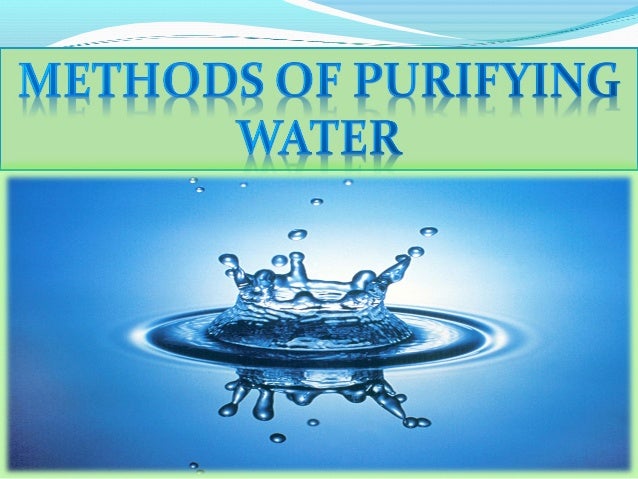In a world where less than one percent of all the water is fresh; from the over 71% of earth surface covered in water, the need to sustainably use the percentage remaining is crucial. Long gone are the days when we could take a sip of water to quench our thirst directly from a stream or river. With this in mind, have you ever sat down to think about the quality of water you drink these days? Yes it might look clear and clean as you drink it but have you ever stopped to think about the purity of the water you consume? Well, a couple of months back, a friend of mine gave me a story that still makes me cautious about the water I consume till this day.
She had travelled with her family to a neighboring country and in the hustle of bustle of moving around, they stopped to get a bite to eat. Along the way, the kids got really thirsty, to the point of them getting restless in the car, and they had to stop by the side of the road to get a few bottles of water. They didn’t even get to reach their destination when almost immediately, they fell really ill. The children were constantly vomiting and crying of stomach pains but what’s most chilling was she was pregnant at the time, and the unborn child almost got gravely ill and she almost lost her baby; all because of the water they took.
All this makes you really think about the water you consume. Is it safe enough for yourself and your loved ones as well? Water contamination is a huge problem in Kenya. The rapid growth of population especially in the country’s top cities that include Nairobi, Mombasa and Kisumu has led to a rising decline in sanitation systems. With an encroaching number of people especially in the Kibera and Mathare slums, the number of people who get ill from water-borne and water-related diseases is at a shocking number; and with the increased levels of poverty, the quality of water they take is the last thing on their minds.
Water purification is the process of removing contaminants from unclean water to produce drinking water that is pure enough for human consumption. Some of the most common methods of purifying water include:

Boiling: Boiling is one of the most commonly used methods to purify water. Due to the presence of heat that kills most of the bacteria, it is used often, although it does not eliminate all pollutants and foreign particles. Water boiling for the purpose of making it safe to drink is almost a daily occurrence for many regions in developing countries.
Using a water purifier: One of the reasons why some families use water purifiers at home is the ability to have a constant supply of clean water without the continuous hustle of boiling or purchasing chemicals to treat the water. Water purifiers act as a complete water cleansing system as they also make sure that the water tastes really good. The only disadvantage with water purifiers is that most families cannot afford them.
The use of chemicals: The use of chemicals such as iodine and chlorine has proven to be a rather more invasive process of cleaning water. Although it yields good results, most people prefer not to use them because of some of the supposed effects they may have on our bodies.
Filtration: Dating back as early as 2000 BC, water filters have had a long history as a method of water purification. It has always been used as a premier method of purification removing very many contaminants as compared to other techniques.
Purification tablets: Water purification is an amazing innovation that is not only effective, but incredibly easy to use. With just a packet of P&G’s water purification packet, one can quickly turn dirty, potentially deadly water into clean water that is safe to drink.
The use of these packets is not only proven to eliminate disease causing organisms, but is also proven to reduce diarrhea incidences in the developing world by up to 90%. It is also very useful in emergency situations for example in the incidence of heavy rains in the country. With the prolonged rains in the country causing destruction and displacement of people, the P&G water purification packets are a safe, fast and easy way of ensuring a continuous supply of water to people affected by the disasters.
Also if you are doing a road trip and may not be able to carry as much water as you need this is a safe alternative and the packets wont take up alot of space in your bag. You can also get some for your relatives in the rural areas. If you are in an area where you use borehole water and are not sure about contamination then you can also use this method of water purification. If you would like to find out how to get them (they are not sold in supermarkets) try PS Kenya. Their contact details are here.
Over the past decade, the P&G Children’s Drinking Water Program has shared more than eight billion liters of purified drinking water in more than 75 countries. All this is in a bid to reduce the millions of days of diarrhoeal illness, help save thousands of lives and increasing productivity in not just children but countries as well in order to achieve their full potential.


